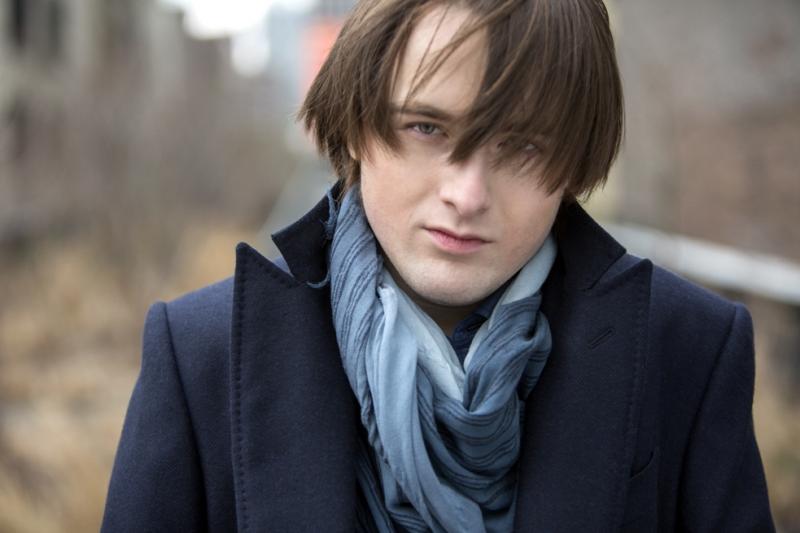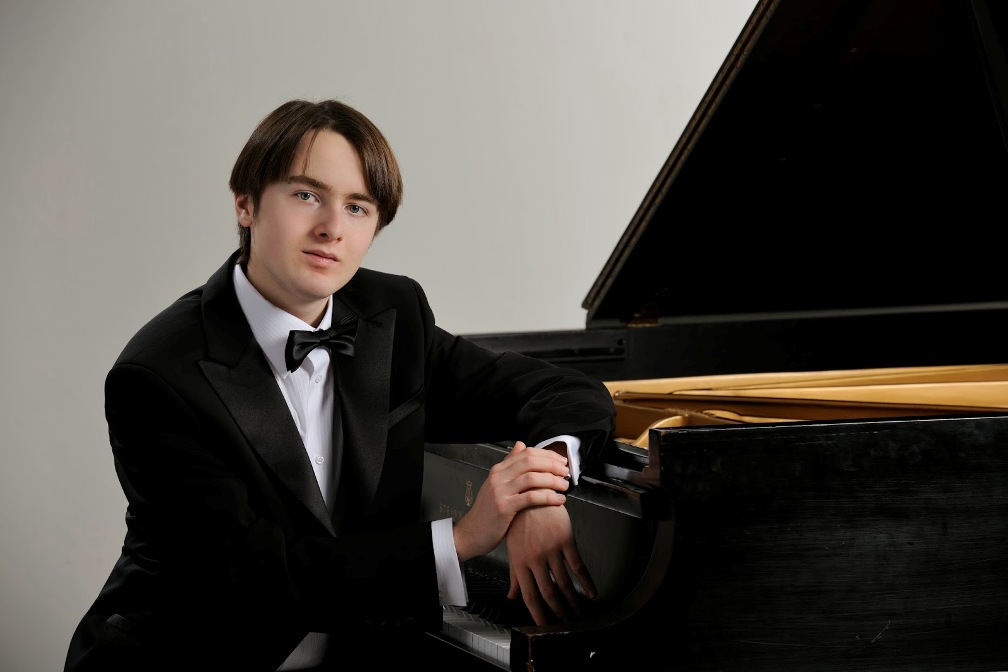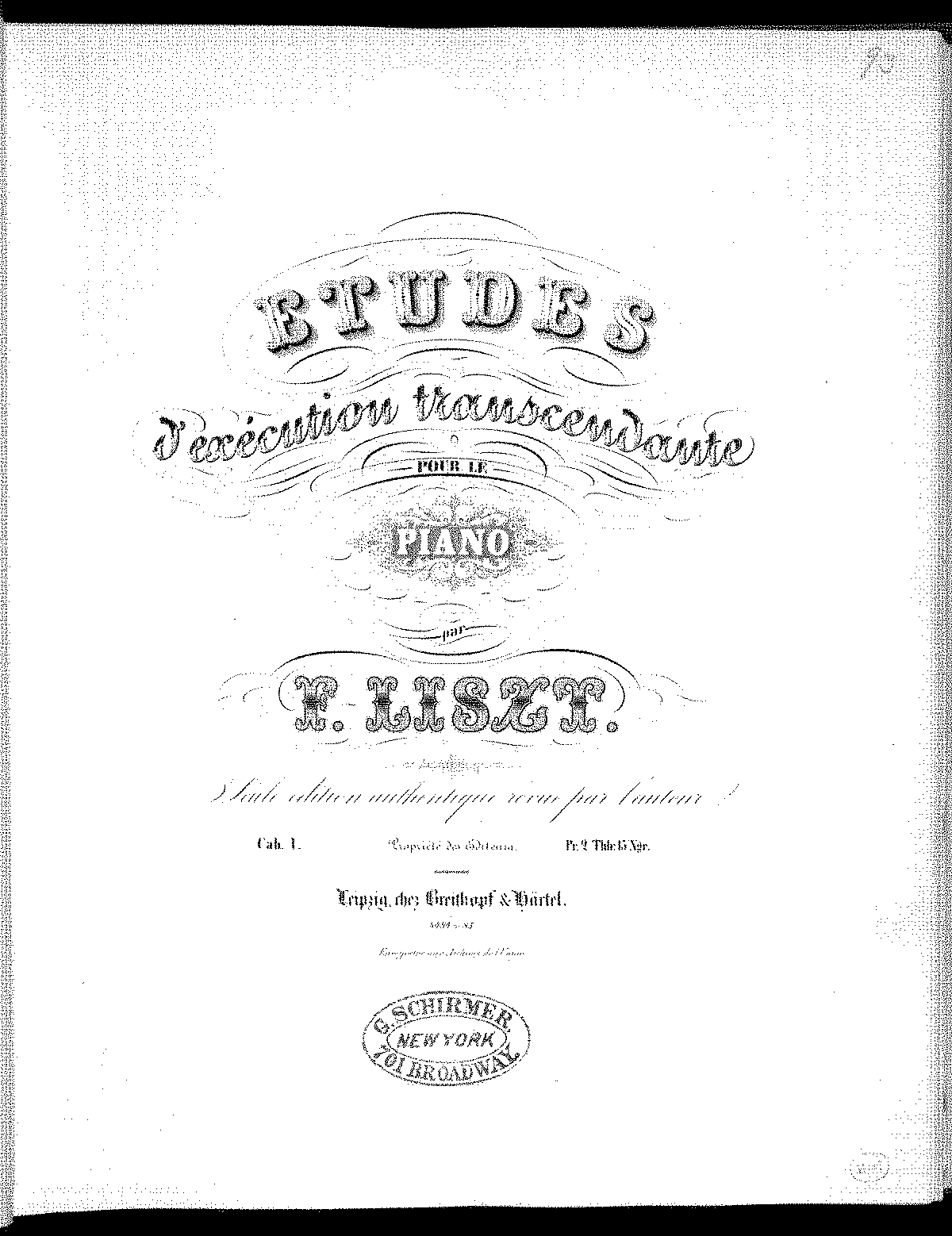Daniil Trifonov, Royal Festival Hall | reviews, news & interviews
Daniil Trifonov, Royal Festival Hall
Daniil Trifonov, Royal Festival Hall
Plenty to treasure in the prizewinning young Russian pianist's colossal programme

Daniil Trifonov, 23, has shot to prominence as one of the hottest pianistic properties of the moment. With multiple competition wins behind him, including the Tchaikovsky in his native Russia, plus a recording contract with DG and a frenetic globe-trotting schedule, he is now a very busy young man.
A sizable though not quite capacity crowd of pianophiles largely took this young wizard to their hearts, quick to offer him bouquets (in time-honoured Russian tradition) and a standing ovation. He deserved that for sheer respect: at times, to experience his full sequence of Liszt's Études d’exécution transcendante did resemble watching an expert climber tackling the north face of the Eiger. You know he’s going to make it; there are instants spectacular and unexpected enough to be breathtaking; yet at other times you might wonder why anyone would put themselves through an ordeal of this magnitude.
The programme underwent a last-minute change, apparently that very afternoon: Beethoven’s Sonata Op.111 was out, replaced with Rachmaninov’s Variations on a Theme of Chopin. Trifonov has been playing the Rachmaninov in concerts all summer, while the Beethoven would have been a relatively new addition. One had the impression that nobody minded too much. Deity willing, Trifonov will have plenty of time ahead in which to schedule late Beethoven, but Rachmaninov suits him to perfection at the moment. Besides, an announcement explained that he felt the Variations went better with his opening work, the Liszt arrangement of Bach’s Fantasy and Fugue in G minor, BWV542. He played both pieces without a break.
 From the start the hallmarks that can make you fall wholesale for Trifonov’s artistry were more than apparent: his ability to evoke a sense of improvisation was out in force, together with masterful control of a gripping musical narrative that remains immediate and inspired without ever losing its logic. The quietude of the fugue theme was exquisitely controlled, the tone close to conjuring an organ pipe far away in the stratospheres.
From the start the hallmarks that can make you fall wholesale for Trifonov’s artistry were more than apparent: his ability to evoke a sense of improvisation was out in force, together with masterful control of a gripping musical narrative that remains immediate and inspired without ever losing its logic. The quietude of the fugue theme was exquisitely controlled, the tone close to conjuring an organ pipe far away in the stratospheres.
It is, though, a densely written piece that can risk clangorousness and here emerged a recurrent problem: the somewhat bitter cocktail of the RFH’s acoustic – clinically clear, yet lacking in bloom or warmth – mingled with Trifonov’s preferred Fazioli piano. This is an instrument on which he can certainly produce superbly nuanced pianissimos, but it seems to lack a truly satisfying resonance, especially in its central register. He appeared to be compensating for this with generous washes of sustaining pedal, but that sometimes created problems of its own.
The Rachmaninov variations, taking as their theme Chopin’s funereal Prelude in C sharp minor from Op.28, nevertheless contained magic aplenty; at home in a work he clearly knows backwards, Trifonov allowed his sonic imagination to evoke a wealth of marvels. Especially noteworthy was his remarkable depth of perspective in, for instance, Variation 13 – a quasi-choral cantilena offset by distant glimmers that could have come from another galaxy. Throughout the rapid variations, too, he layered the dazzling twists and turns of Rachaminov’s contrapuntal writing into a remarkable luminescent tapestry. The final build-up and explosion into a grand polonaise, which ultimately vapourises to leave behind the theme at its bleakest, had a grandeur and fantastical, demoniac tinge that would not disgrace the scene of the Walpurgis Night Ball in Bulgakov’s The Master and Margarita. Again one could not help longing for a more intimate and resonant acoustic in which to appreciate the intricacy of detail.
Performing Liszt’s 12 Études live in concert is not a task that many pianists would dare set themselves. These pieces are not just a pianistic 12 Labours of Hercules in terms of technique; each one is an epic poem in its own right, presenting a wealth of grand gesture filled with enormous intensity and high-octane rhetoric – frequently laced with veritable jungles of chromatic harmonies. They are not to everyone’s taste, and hearing the whole lot together – at approx. 64 mins – can leave you feeling a wee bit battered. But for those who love them, such a rare occasion is to be treasured; and Trifonov’s ascent of these craggy rockfaces featured moments of magic that will linger in the memory for a very long time.
 At other moments even this virtuoso’s virtuoso nearly came a cropper: the fearsome Mazeppa almost proved its reputation as a piece that simply cannot be performed live. It wasn’t that Trifonov had bitten off more than he could chew – he could dunk Liszt in his tea any time he likes. It is more that perhaps he could chew for a little longer. I would love to hear him do this cycle again after he has lived with it for a few more years.
At other moments even this virtuoso’s virtuoso nearly came a cropper: the fearsome Mazeppa almost proved its reputation as a piece that simply cannot be performed live. It wasn’t that Trifonov had bitten off more than he could chew – he could dunk Liszt in his tea any time he likes. It is more that perhaps he could chew for a little longer. I would love to hear him do this cycle again after he has lived with it for a few more years.
The finest of the set nevertheless contained some of the most astonishing piano playing one could hope to hear anywhere in the world. These were the Études that are lyrical in aspect or require the lightest possible fingerwork: Trifonov proved the worth of an approach that, rather than projecting outwards at every turn, instead pulls the audience’s attention forward into active listening. Less was definitely more. Feux Follets in particular shone out as an interpretation that transcended the ferocious technique it needs, capturing the other-worldly poetry of the "Will-o-the-Wisps" idea as well as its iridescent delicacy. Paysage and Ricordanza were both as soft and silky as fine fur.
The set concluded with a pair of pieces in which our young star exceeded even his own high standards, although by this point he was looking well and truly wrung out: in Harmonies du Soir, perhaps the most sensually beautiful of the Études, he weighted each harmony in the initial build-up with a different significance and colour, later declaiming the melodic lines with the quiet magnetism and authority of a top performance poet. Finally Chasse-neige was paced and voiced so convincingly that one almost felt swallowed alive by the blizzard as it approached and struck.
To top everything, Trifonov offered an encore of Debussy’s Reflets dans l’eau (from Images Book I) – perfectly balanced and as cool and refreshing as a dip in a mountain lake after an exceedingly hot sauna. We all needed that by then.
A rating of four stars seems a bit invidious for such an extraordinary, if patchy evening. Some of it deserved double that amount.
rating
Share this article
Add comment
The future of Arts Journalism
You can stop theartsdesk.com closing!
We urgently need financing to survive. Our fundraising drive has thus far raised £49,000 but we need to reach £100,000 or we will be forced to close. Please contribute here: https://gofund.me/c3f6033d
And if you can forward this information to anyone who might assist, we’d be grateful.

Subscribe to theartsdesk.com
Thank you for continuing to read our work on theartsdesk.com. For unlimited access to every article in its entirety, including our archive of more than 15,000 pieces, we're asking for £5 per month or £40 per year. We feel it's a very good deal, and hope you do too.
To take a subscription now simply click here.
And if you're looking for that extra gift for a friend or family member, why not treat them to a theartsdesk.com gift subscription?
more Classical music
 Hallé John Adams festival, Bridgewater Hall / RNCM, Manchester review - standing ovations for today's music
From 1980 to 2025 with the West Coast’s pied piper and his eager following
Hallé John Adams festival, Bridgewater Hall / RNCM, Manchester review - standing ovations for today's music
From 1980 to 2025 with the West Coast’s pied piper and his eager following
 Kaploukhii, Greenwich Chamber Orchestra, Cutts, St James's Piccadilly review - promising young pianist
A robust and assertive Beethoven concerto suggests a player to follow
Kaploukhii, Greenwich Chamber Orchestra, Cutts, St James's Piccadilly review - promising young pianist
A robust and assertive Beethoven concerto suggests a player to follow
 Robin Holloway: Music's Odyssey review - lessons in composition
Broad and idiosyncratic survey of classical music is insightful but slightly indigestible
Robin Holloway: Music's Odyssey review - lessons in composition
Broad and idiosyncratic survey of classical music is insightful but slightly indigestible
 Classical CDs: Wolf-pelts, clowns and social realism
British ballet scores, 19th century cello works and contemporary piano etudes
Classical CDs: Wolf-pelts, clowns and social realism
British ballet scores, 19th century cello works and contemporary piano etudes
 Bizet in 150th anniversary year: rich and rare French offerings from Palazzetto Bru Zane
Specialists in French romantic music unveil a treasure trove both live and on disc
Bizet in 150th anniversary year: rich and rare French offerings from Palazzetto Bru Zane
Specialists in French romantic music unveil a treasure trove both live and on disc
 Scottish Chamber Orchestra, Ibragimova, Queen’s Hall, Edinburgh review - rarities, novelties and drumrolls
A pity the SCO didn't pick a better showcase for a shining guest artist
Scottish Chamber Orchestra, Ibragimova, Queen’s Hall, Edinburgh review - rarities, novelties and drumrolls
A pity the SCO didn't pick a better showcase for a shining guest artist
 Kilsby, Parkes, Sinfonia of London, Wilson, Barbican review - string things zing and sing in expert hands
British masterpieces for strings plus other-worldly tenor and horn - and a muscular rarity
Kilsby, Parkes, Sinfonia of London, Wilson, Barbican review - string things zing and sing in expert hands
British masterpieces for strings plus other-worldly tenor and horn - and a muscular rarity
 From Historical to Hip-Hop, Classically Black Music Festival, Kings Place review - a cluster of impressive stars for the future
From quasi-Mozartian elegance to the gritty humour of a kitchen inspection
From Historical to Hip-Hop, Classically Black Music Festival, Kings Place review - a cluster of impressive stars for the future
From quasi-Mozartian elegance to the gritty humour of a kitchen inspection
 Shibe, LSO, Adès, Barbican review - gaudy and glorious new music alongside serene Sibelius
Adès’s passion makes persuasive case for the music he loves, both new and old
Shibe, LSO, Adès, Barbican review - gaudy and glorious new music alongside serene Sibelius
Adès’s passion makes persuasive case for the music he loves, both new and old
 Anja Mittermüller, Richard Fu, Wigmore Hall review - a glorious hall debut
The Austrian mezzo shines - at the age of 22
Anja Mittermüller, Richard Fu, Wigmore Hall review - a glorious hall debut
The Austrian mezzo shines - at the age of 22
 First Person: clarinettist Oliver Pashley on the new horizons of The Hermes Experiment's latest album
Compositions by members of this unusual quartet feature for the first time
First Person: clarinettist Oliver Pashley on the new horizons of The Hermes Experiment's latest album
Compositions by members of this unusual quartet feature for the first time

Comments
Excellent review, which put
Agree with you James. An
Fascinating musician, using
I'm with Ismene on the
I'm with Ismene on the 'enervating' impression - don't think I could sit through all 12 Etudes live again with anyone but Berezovsky - and a certain invertebrate quality at times didn't help. But at the same time I either agree with or am persuaded by everything Jessica writes. And the Debussy encore made me think Trifonov could play both books of Preludes in a single evening and that WOULD be spellbinding.
I was not present so it would